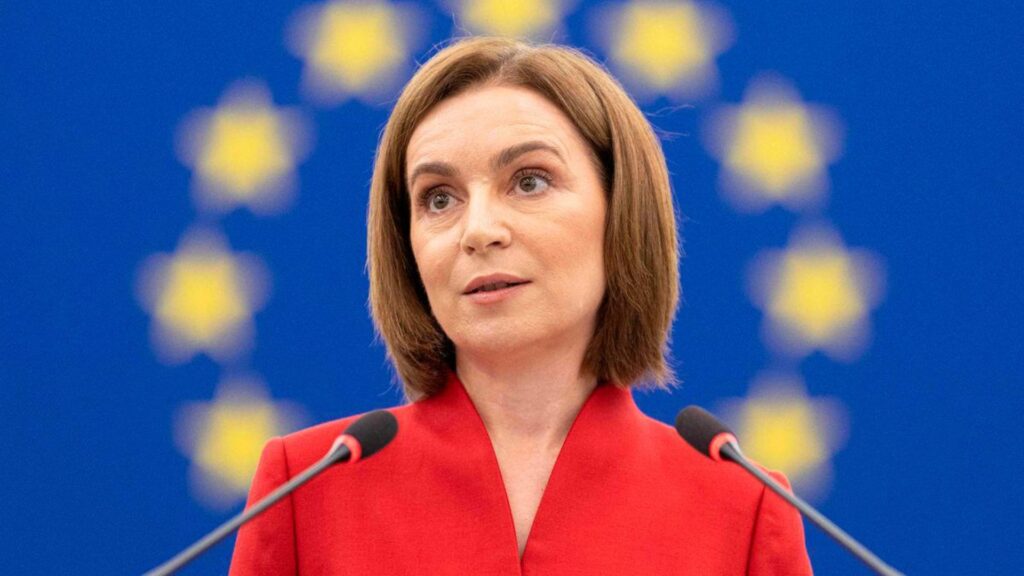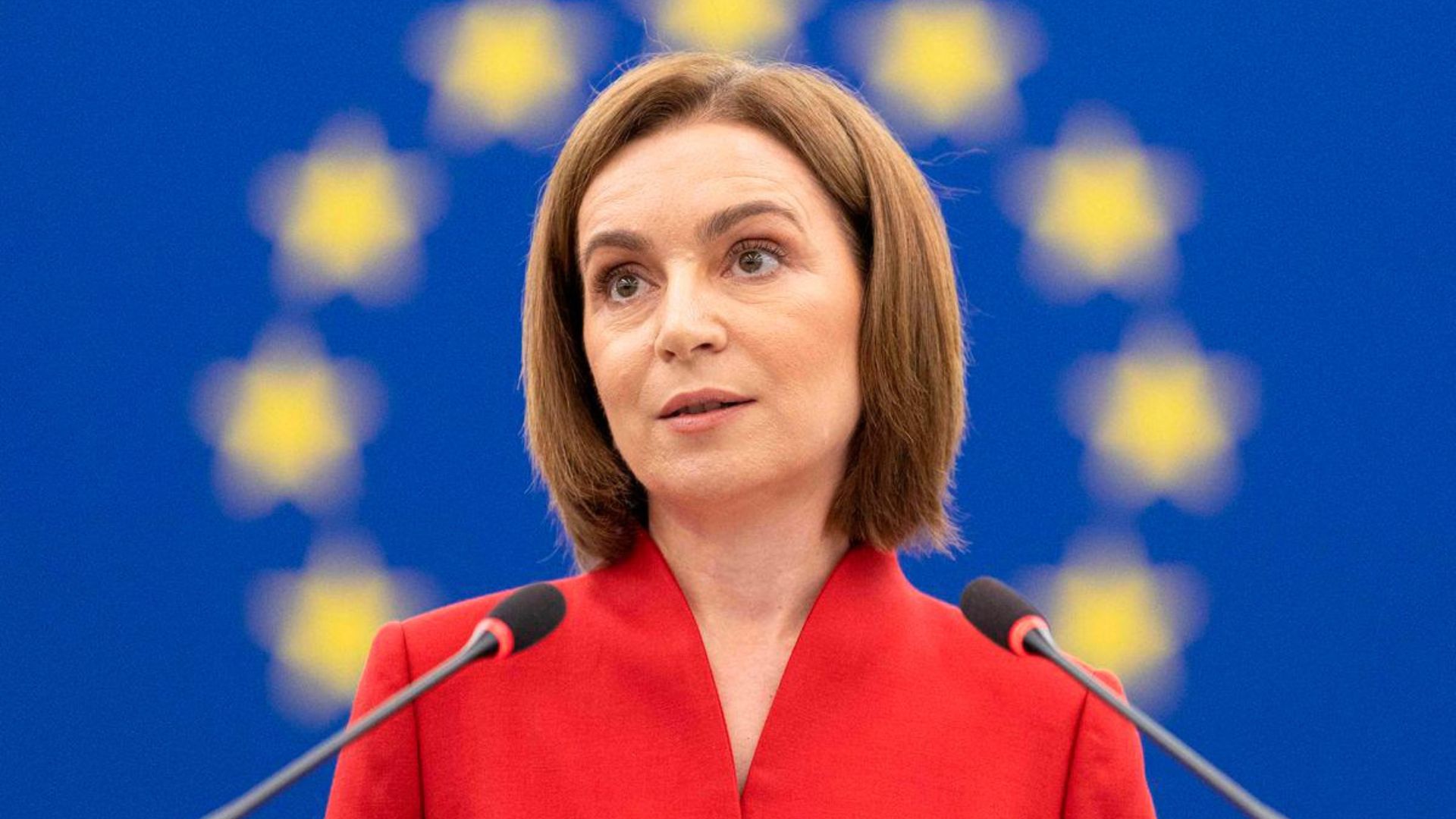
Sandu’s Urgent Appeal in Strasbourg
On September 9, 2025, Moldovan President Maia Sandu addressed the European Parliament in Strasbourg, issuing a dire warning about Russia’s “unlimited hybrid war” aimed at subverting Moldova’s upcoming parliamentary elections on September 28. Framing the vote as the most consequential in her nation’s history, Sandu told MEPs that the Kremlin seeks to “capture Moldova through the ballot box” and exploit the country as a springboard for “hybrid attacks on the European Union.”
European Parliament President Roberta Metsola lauded Sandu’s “determination, courage and steadfast commitment” to defending Moldova’s sovereignty and democratic path.
Scale and Scope of Moscow’s Interference
Sandu revealed that Russian-backed operations have injected more than €200 million—over 1% of Moldova’s GDP—into propaganda, disinformation networks and vote manipulation. Approximately €100 million of these funds are funneled through cryptocurrency channels to finance illicit party funding and vote-buying.
Key elements of the hybrid campaign include:
- Disinformation networks using social media and fringe outlets
- Cyberattacks on electoral infrastructure
- Paid street protests to destabilize public order
- Religious manipulation via the Moscow-affiliated Orthodox Church
These tactics aim not only to sway voters but also to sow distrust in Moldova’s democratic institutions and derail its EU accession ambitions.
Spy Network Dismantled in Neighboring States
Just hours before Sandu’s speech, Romanian authorities detained a 47-year-old former Moldovan intelligence official for alleged treason. The arrest followed a cross-border operation by Czech, Hungarian, and Romanian services dismantling a Belarusian-led spy network coordinated through the EU’s judicial cooperation agency Eurojust.
Czech counterintelligence chief Michal Koudelka warned that Belarus exploited diplomatic immunity to orchestrate espionage. He recommended limiting travel privileges for Russian and Belarusian diplomats across the Schengen area to curb hybrid threats.
European Parliament’s Response and Resolution
In response, the European Parliament fast-tracked a resolution condemning Russian malign interference and proposing measures to bolster Moldova’s resilience. The resolution, debated on September 9 and voted on September 10, calls for:
- Enhanced cybersecurity support for Moldova’s electoral systems
- Sanctions on individuals and entities tied to hybrid operations
- EU funding to support independent media and civil society
- Restrictions on diplomatic privileges for states engaging in subversion
Sandu emphasized that EU accession is “a race against time” to protect Moldovan democracy within the Union framework. She warned, “If our democracy cannot be protected, then no democracy in Europe is safe.”
Stakes for Moldova’s Parliamentary Elections
Sandu’s Party of Action and Solidarity, which secured a majority in 2021, faces potential losses amid the Kremlin’s campaign. Opposition parties lack cohesive pro-European platforms, raising fears that anti-EU factions backed by Russian influence could gain ground.
Opinion polls indicate that up to 40% of Moldovan voters remain undecided, making swing regions and youth turnout critical. Many young voters credit Sandu with pro-reform achievements—anti-corruption drives, economic stabilization—but they also face economic hardship and emigration pressures, vulnerabilities that hybrid actors seek to exploit. According to World Bank data, Moldova’s youth unemployment rate reached nearly 20% in 2024.
Hybrid Warfare: Defining the Threat
Hybrid warfare blends conventional and non-conventional tactics—cyberattacks, financial subversion, disinformation, and proxy actions. In Moldova’s case, Russia leverages:
- Crypto networks to obscure funding flows
- Social media bots to amplify false narratives
- Front organizations for staged protests
These tactics are designed to erode public trust, manipulate electoral outcomes, and undermine EU-aligned reforms. Sandu cautioned that the scale of operations now eclipses efforts prior to Russia’s full invasion of Ukraine.
Moldova’s Defense Measures
To counter hybrid threats, Sandu’s government has enacted:
- A Digital Resilience Task Force to monitor disinformation and cyber threats
- Partnerships with EU agencies for electoral cybersecurity audits
- Support for independent fact-checking networks
- Public awareness campaigns on digital literacy and election integrity
The government also secured technical assistance from European cybersecurity firms to harden election infrastructure and train local officials.
Broader Implications for Europe
Moldova’s predicament offers a cautionary tale for the EU. As Sandu noted, saber-rattling in small states can presage broader campaigns against member countries. The Kremlin’s hybrid toolkit may next target EU border states or influence political outcomes in key capitals.
EU officials stress that defending Moldova is integral to the European security architecture, ensuring that authoritarian powers cannot exploit vulnerabilities at the Union’s fringes.
Looking Ahead: Election Day and Beyond
With the September 28 vote approaching, Moldova remains on high alert. Sandu appealed to European partners for rapid deployment of election observers, real-time cyber threat intelligence sharing, and funding for civil society watchdogs.
The outcome will test not only Moldova’s democratic resilience but also the EU’s capacity to shield aspiring members from hybrid aggression. As Sandu concluded, safeguarding Moldova is “not charity—it is an investment in our collective security.”











